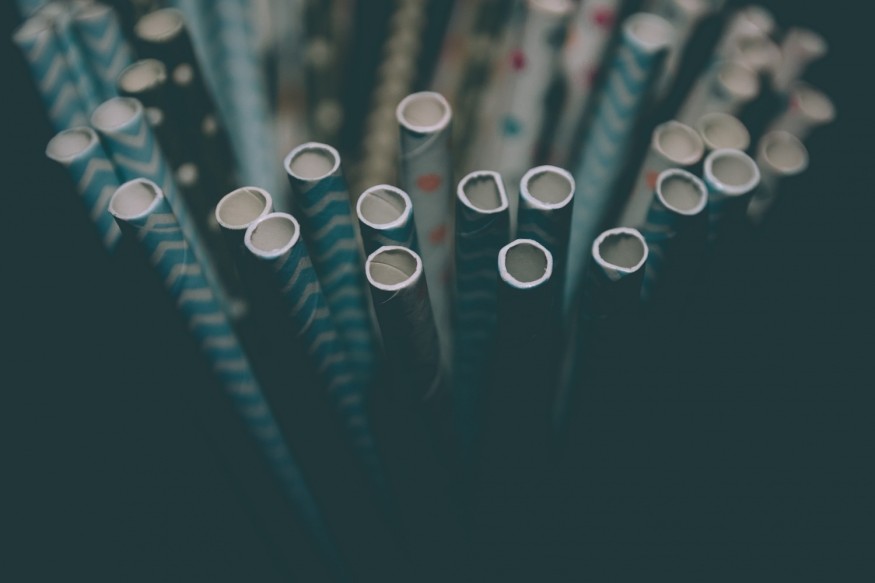
According to a recent study, PFAS, or "forever chemicals," have been found in plant-based straws, even those that are promoted as "eco-friendly."
The Rise of "Eco-Friendly" Plant-Based Straws
Belgian researchers have found that paper straws, often hailed as environmentally friendly alternatives, may not be as eco-conscious as believed.
These supposedly "green" utensils, made from materials like paper and bamboo, are touted as better options than plastic straws.
However, a study led by environmental scientist Thimo Groffen reveals that these plant-based straws can contain harmful PFAS (poly- and perfluoroalkyl-based compounds), known as "forever chemicals" due to their slow decomposition.
This raises concerns about their potential toxicity and environmental impact, possibly making them more harmful than despised plastic straws.
Several US cities, such as New York, and restaurant chains have aimed to ban plastic straws due to their links to health issues and slow degradation.
Meanwhile, countries like the UK and Belgium have embraced plant-based alternatives in an effort to reduce plastic waste.
PFAS Forever Chemicals Detected
The current study suggested that these purportedly eco-friendly straws may actually contain more PFAS than the "evil" plastic equivalent.
The PFA concentrations of 39 kinds of drinking straws made of five different materials--paper, bamboo, stainless steel, glass, and plastic--were examined by researchers in order to draw conclusions about this theory.
They discovered that paper straws had the highest PFA content, with an astounding 90% of them having the substances.
Bamboo straws, another popular eco-friendly alternative, came in second with 80%, followed by plastic straws with 75%, glass straws with 40%, and steel straws with none.
Perfluorooctanoic acid, which has been banned globally since 2020, was by far the most widely used PFA.
However, this material is still produced in some nations, thus it may be found in goods purchased by Americans.
Trifluoromethanesulfonic acid and trifluoroacetic acid and were also found; these PFAS quickly dissolve in water and may leak into beverages through straws.
A high percentage of straws made of paper and bamboo contain PFAS, which indicates that they are not always biodegradable, Groffen cautioned.
Although the presence of these compounds in every brand shows they were intentionally introduced as a liquid repellant, it is unknown how they got into the straws.
These substances have been used since the 1940s for repelling water and grease ranging from cookware to carpets.
The soil on which the plant-based components were grown and the water utilized in their production are two more potential PFA sources.
Fortunately, small levels of PFAS, such as those consumed when using a straw, are not thought to pose significant harm to health.
PFAS Exposure
Accumulating these compounds can lead to alarming outcomes like liver damage, weakened immunity, underweight infants, and even infant death, as seen in animal studies.
However, since the tests used higher PFAS levels, the lasting effects on humans remain uncertain.
Goffen concluded that there may only be one genuine eco-friendly replacement for plastic in light of the findings. He would encourage people to use stainless-steel straws because they did not find any PFAS in them.
Another option is to refrain from using any straws at all.
Related Article : PFAS Forever Chemicals Detected in 45% of US Drinking Water Following Tests on Tap of 700 Locations
© 2025 NatureWorldNews.com All rights reserved. Do not reproduce without permission.





